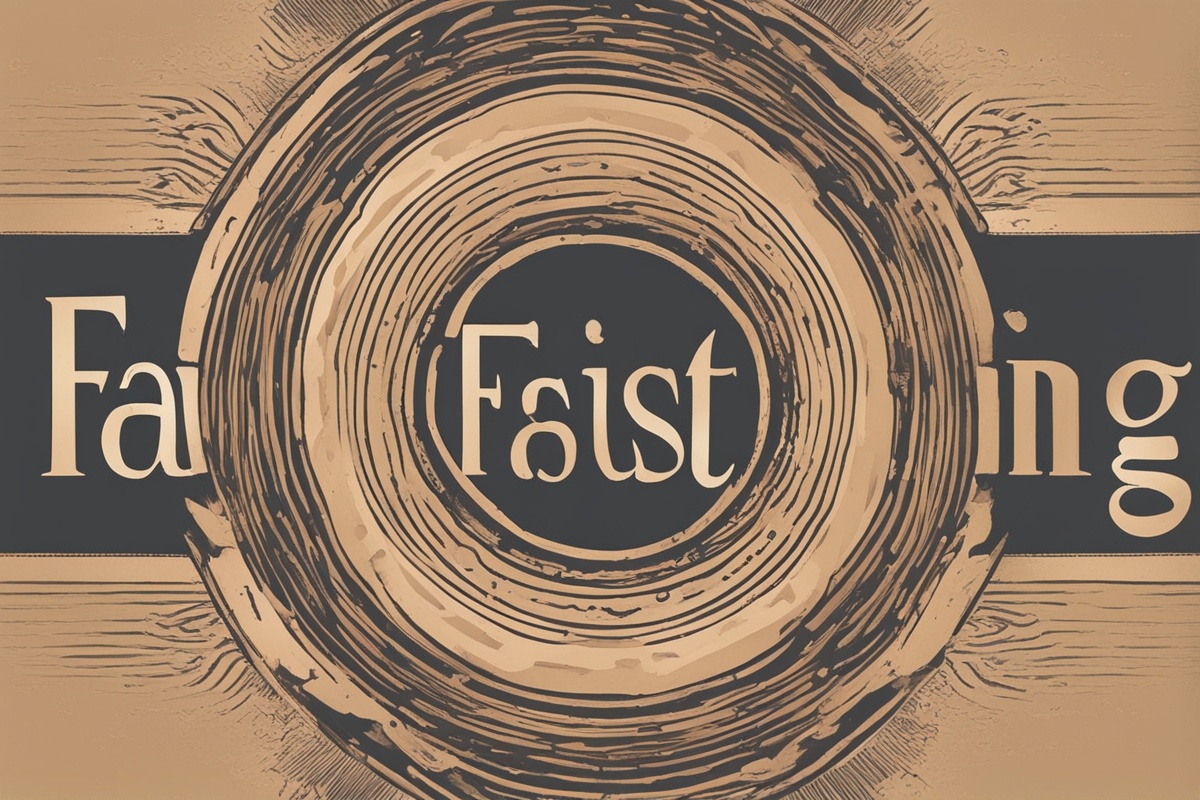Fasting, an ancient practice rooted in spiritual and physical renewal, has gained modern traction for its health benefits and its profound impact on mental fortitude. At its core, fasting is more than just abstaining from food; it’s a powerful tool for building resilience through fasting. By intentionally enduring periods of discomfort, individuals can cultivate mental strength, emotional stability, and a deeper sense of self-control. This post explores how fasting can shape a resilient mindset, offering practical insights and evidence-based benefits to help you harness this transformative practice.
The Connection Between Fasting and Mental Resilience
Resilience is the ability to adapt and thrive in the face of adversity, and fasting provides a unique opportunity to train this skill. When you fast, your body and mind are pushed beyond their comfort zones, forcing you to confront hunger, fatigue, and even self-doubt. This controlled stress mimics real-life challenges, teaching you how to endure and overcome discomfort. Over time, building resilience through fasting translates into greater emotional stability and a stronger capacity to handle life’s uncertainties.
Research suggests that fasting triggers a cascade of physiological responses that support mental toughness. For instance, fasting can enhance the production of brain-derived neurotrophic factor (BDNF), a protein linked to neuroplasticity and stress resistance. By embracing fasting as a mental training ground, you prepare yourself to navigate stressors with clarity and composure.
How Fasting Builds Emotional Discipline
One of the most immediate challenges of fasting is managing emotional triggers tied to hunger. Cravings, irritability, and frustration often surface, testing your self-control. However, these moments are opportunities to build emotional discipline. Building resilience through fasting means learning to observe these feelings without reacting impulsively. This practice mirrors mindfulness techniques, where you acknowledge discomfort without letting it dictate your actions.
Fasting also fosters delayed gratification—a key component of emotional resilience. By resisting the urge to eat, you train your brain to prioritize long-term goals over short-term desires. This skill can spill over into other areas of life, helping you stay focused and composed during challenging situations. For more on cultivating discipline, check out our post on Fasting Discipline Tips for Beginners.
Physical Stress as a Catalyst for Mental Strength
Fasting induces a state of mild physical stress, which can be a powerful catalyst for mental growth. When you abstain from food, your body shifts into survival mode, activating pathways like autophagy and ketosis that promote cellular repair and energy efficiency. This physical adaptation parallels mental resilience, as your brain learns to function optimally under strain. Building resilience through fasting, therefore, is not just a mental exercise but a holistic process that strengthens the mind-body connection.
Moreover, the discomfort of fasting often reveals inner strengths you didn’t know you had. Pushing through hunger pangs or low energy teaches perseverance, reinforcing the idea that you are capable of enduring more than you think. This realization can be empowering, boosting confidence in your ability to tackle life’s obstacles. Learn more about the physical benefits in our guide to Physical Benefits of Fasting.
Fasting as a Tool for Stress Management
Chronic stress is a modern epidemic, and fasting offers a unique way to recalibrate your stress response. Studies show that intermittent fasting can lower cortisol levels—the primary stress hormone—while promoting hormonal balance. By reducing the body’s stress load, fasting creates a calmer mental state, making it easier to build resilience through fasting. This physiological shift can help you approach challenges with a clearer, more focused mind.
Beyond biology, fasting encourages intentional pauses in your routine, fostering mindfulness and reducing mental clutter. These moments of reflection can help you process stress more effectively, building a buffer against burnout. For additional stress management strategies, explore our article on Stress Relief Through Fasting Practices.
Overcoming Self-Doubt Through Fasting Challenges
Starting a fast, especially for beginners, often comes with self-doubt. Thoughts like “I can’t do this” or “I’ll fail” are common. Yet, each successful fast—whether it’s a 16-hour intermittent fast or a multi-day water fast—chips away at these limiting beliefs. Building resilience through fasting involves proving to yourself that you can overcome internal and external obstacles, fostering a growth mindset.
Setting small, achievable fasting goals can build momentum. As you meet these milestones, your confidence grows, reinforcing the belief that you can handle discomfort and uncertainty. This mental shift is invaluable, as it equips you to face doubts in other areas of life with a renewed sense of capability. Dive deeper into setting fasting goals with our post on Setting Realistic Fasting Goals.
Practical Tips for Building Resilience Through Fasting
If you’re new to fasting or looking to enhance its resilience-building potential, consider these actionable tips:
- Start Small: Begin with shorter fasts, like a 12-hour overnight fast, to build confidence before progressing to longer durations.
- Stay Hydrated: Dehydration can amplify discomfort, so drink plenty of water to support your body and mind during a fast.
- Practice Mindfulness: Use meditation or journaling to process emotions and cravings, turning fasting into a mental exercise.
- Track Progress: Keep a fasting journal to reflect on how your resilience grows over time, noting both challenges and victories.
- Seek Support: Join a fasting community or read inspiring stories to stay motivated. Check out our Fasting Support Groups for resources.
By integrating these strategies, you can maximize the mental and emotional benefits of fasting, creating a sustainable practice that continuously builds resilience.
Disclaimer: The information provided in this post is for educational purposes only and should not be considered medical advice. Fasting may not be suitable for everyone, especially individuals with certain medical conditions, pregnant or breastfeeding women, or those with a history of eating disorders. Always consult a healthcare professional before starting any fasting regimen to ensure it is safe for your individual circumstances.
References
- Mattson, M. P., et al. (2018). Intermittent fasting and metabolic health: Implications for brain health. NCBI.
- Harvard Health Publishing. (2018). Intermittent Fasting: Surprising Update. Harvard Medical School.
- Psychology Today. (2020). How Fasting Can Improve Your Mental Health.
- Longo, V. D., & Mattson, M. P. (2018). Fasting: Molecular Mechanisms and Clinical Applications. Frontiers in Aging Neuroscience.
- Mayo Clinic. (2021). Intermittent Fasting: What You Need to Know.
This content is for informational purposes only and not a substitute for professional advice.






